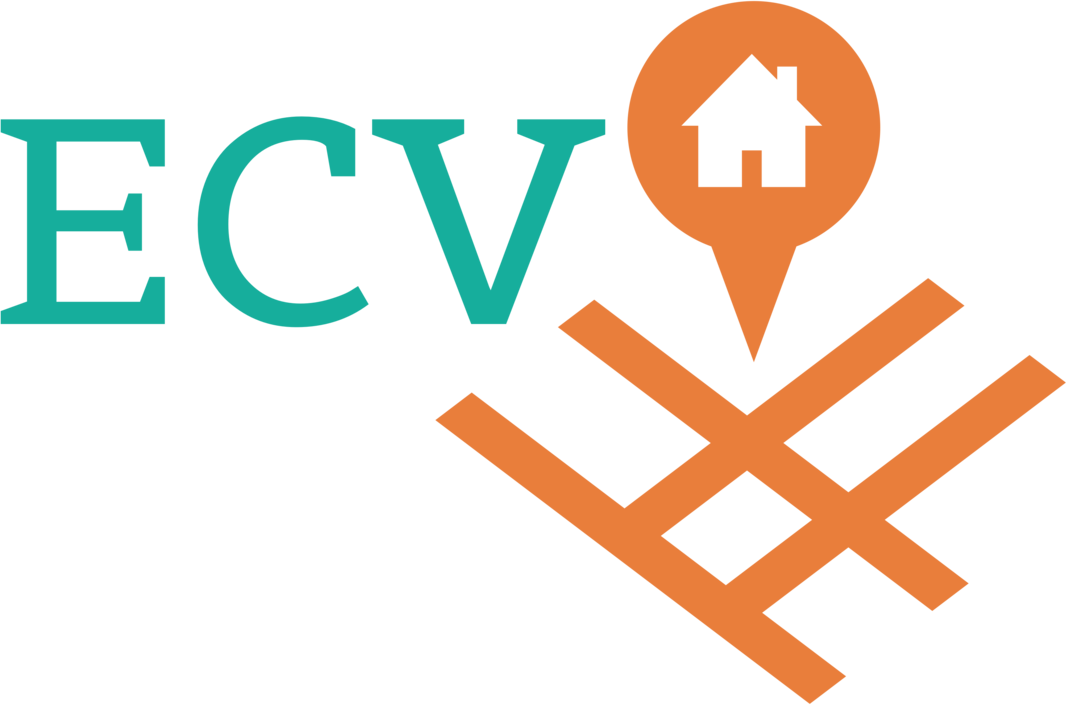National Blood Donor Month: Importance of Blood Donation For Seniors
January marks the observance of National Blood Donor Month, a time when the life-saving act of blood donation in senior communities takes on special significance. According to the American Red Cross, winter is one of the most challenging seasons of the year to gather enough donated blood to meet patient needs. As winter rolls in California, its harsh weather, rampant seasonal illnesses, and hectic holiday schedules make it increasingly challenging to keep up with blood donation. This blog will explore the importance of blood donation within senior communities, emphasizing its positive impact on aged donors and those who receive generous contributions during National Blood Donor Month.
What is National Blood Donor Month?
National Blood Donor Month, celebrated since 1970, is every January and is about encouraging more people to donate blood. It's the time when blood donations usually drop because of the holidays and cold weather, so it's super important to get the word out and thank those who regularly donate.
Types of Blood Donations
Blood donation comes in several types:
Whole Blood Donation: This is the most common. You give about a pint of your blood, which can be used as-is or split into different parts for different patients.
Plasma Donation: Here, you're just giving the liquid part of blood that is vital for nutrient transport, immune response, clotting, and waste removal. It's super helpful for people with particular bleeding or clotting disorders.
Platelet Donation: Platelets are small cell fragments in the blood for clotting and wound healing. It's vital for cancer patients and others with specific medical needs.
Double Red Cell Donation: You give twice the amount of red cells but keep your plasma and platelets. It's beneficial for trauma cases or extensive surgeries.
Misconceptions About Seniors and Blood Donation
There are some common misconceptions about seniors and blood donation that need to be clarified:
Age Restrictions: Many people wrongly assume seniors are unsuitable for donating blood due to age, but many can still donate safely. Seniors can donate blood if they are in good health, meet weight, and have no disqualifying health conditions or medications. Checking with healthcare providers and blood centers is advisable to confirm eligibility.
Limited Impact: It's a misconception that seniors' blood donations have little impact; their contributions are valuable and can save lives like donations from any other age group."
Benefits of Donating Blood for Seniors
Seniors can experience several benefits from donating blood, including:
Improved Cardiovascular Health: Blood donation helps reduce excess iron levels in the body, which can benefit seniors as it may lower the risk of cardiovascular diseases.
Health Check: The health screening process before donation can detect potential health issues, allowing seniors to monitor their health regularly.
Helping Others: Donating blood can give seniors a sense of fulfillment as they know they are contributing to saving lives and supporting their community.
Further research is necessary, although some studies indicate that regular blood donation may have potential benefits for longer life.
How Seniors Can Participate in National Blood Donor Month
Seniors can actively participate in National Blood Donor Month in various ways:
Donating Blood: Seniors who meet the eligibility criteria can schedule a blood donation appointment at a local blood donation center or mobile blood drive. Donating blood contributes to the cause.
Volunteering: Seniors can volunteer their time and skills at blood drives or donation centers. They can assist with registration, provide refreshments to donors, or offer support and comfort to those giving blood.
Advocacy: Seniors can become advocates for blood donation by spreading awareness among their peers and within their senior communities. They can share information about the importance of donating blood and encourage others to participate.
Supporting Donors: Seniors who cannot donate themselves can provide emotional support to friends or family members who are donating blood. They can accompany them to donation centers and offer encouragement.
Conclusion
In conclusion, National Blood Donor Month highlights the vital role of blood donation in senior communities. Seniors can actively engage in this meaningful observance, saving lives, finding purpose, and fostering stronger community bonds. Let's celebrate their contributions and encourage their continued involvement in this noble cause, positively impacting countless lives.
Please inform your friends and family about this blog to help them understand the importance of blood donation in senior communities.
Visit our care blog area to learn more useful blogs like this one.

